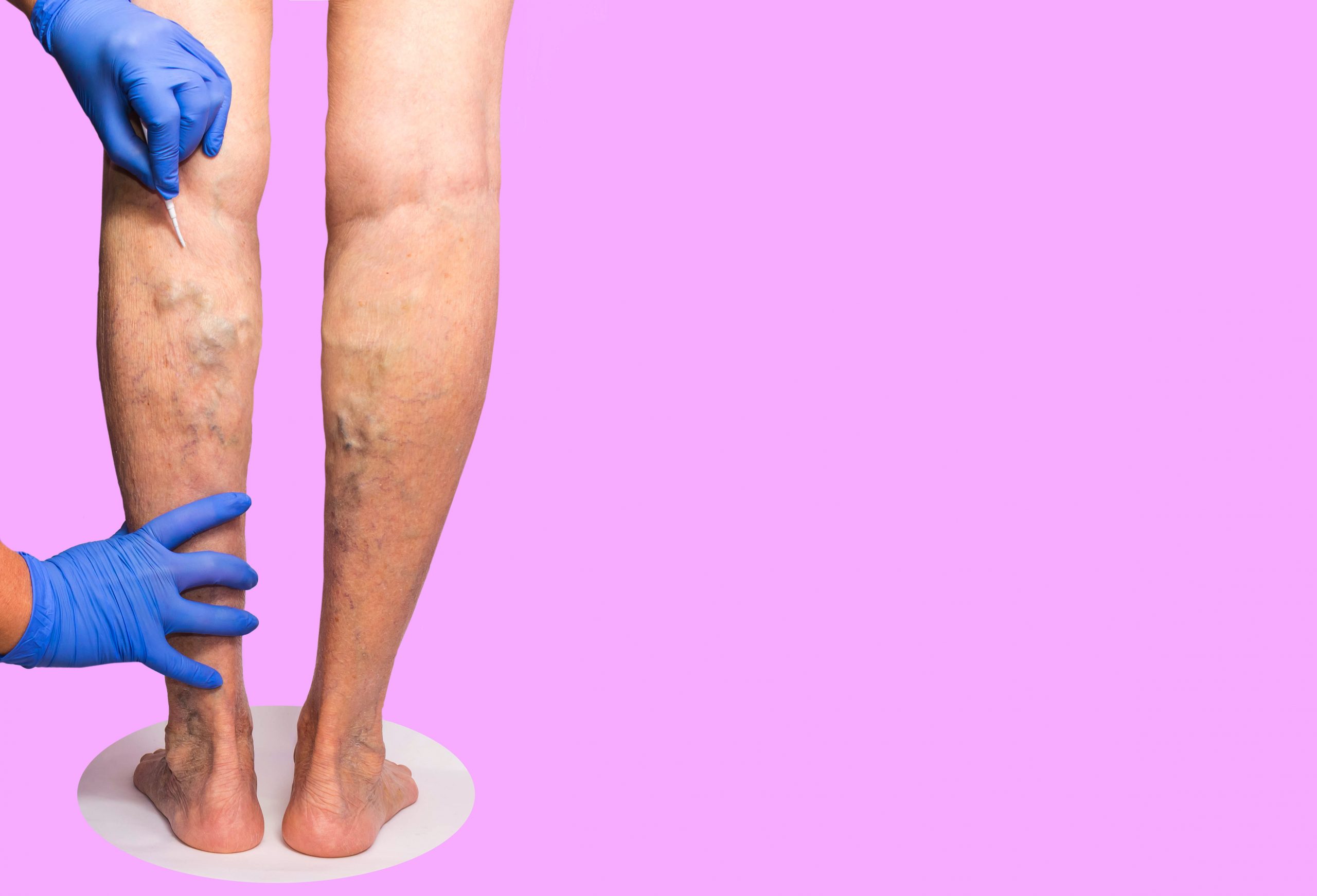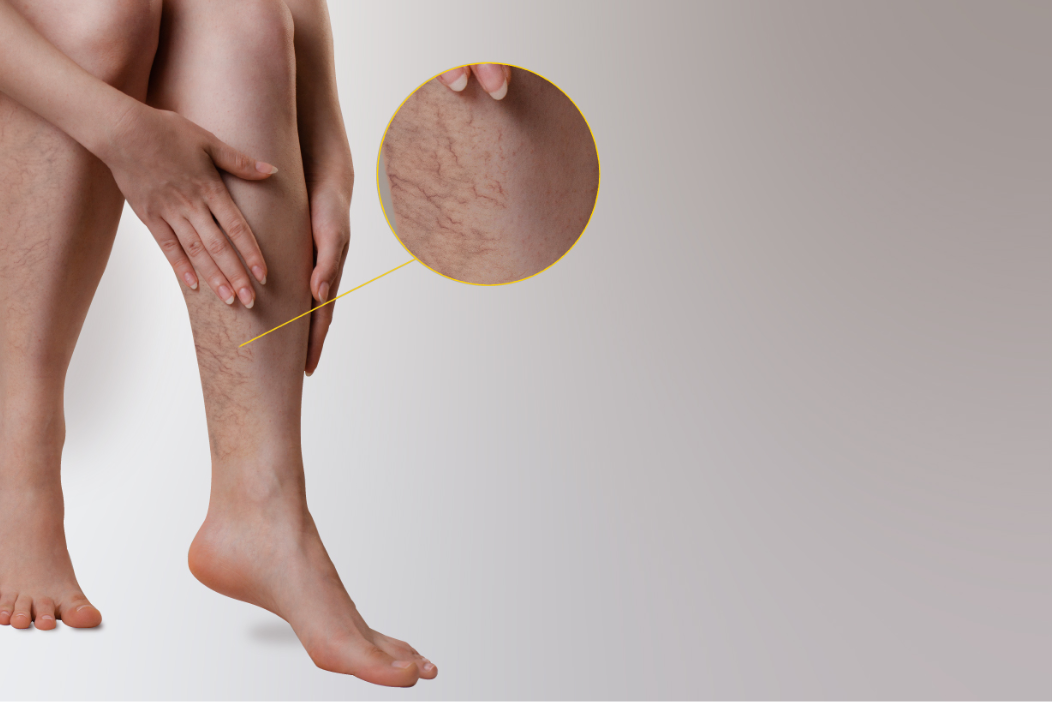Vein problems, such as varicose and spider veins, can be both unsightly and a sign of a bigger health problem. However, they can be controlled well with the right counseling and treatment. If you see a vein specialist at a vein treatment clinic, you can expect state-of-the-art care from the best physicians. Keep reading to learn more about what questions you should ask to get an appointment with a great vein treatment center.
What are the treatment options?
Your provider should be able to give you the pros and cons, risks, and benefits of available procedures. It's also important to note: What is the latest treatment for varicose veins? However, bear in mind that chronic vein disease is progressive, and being proactive can prevent potentially avoidable significant signs and symptoms of vein disease.
As a patient, you need the best, most complete information to make an informed decision.
The kind, extent, and severity of your specific vein issue will determine the course of treatment you require. The following are a few of the accessible therapy methods for venous issues.: Your doctor may recommend any of these:
? Conservative intervention
? Cosmetic sclerotherapy
? Chemical sclerotherapy
? Endovenous ablation procedure or radiofrequency energy

Are the vein specialists board-certified and experienced?
when to see a vascular doctor, the experience of their vein doctors is crucial. Check to see if the vein doctors are board-certified, which means they've had thorough experience in venous disease treatment methods, minimally invasive procedures, and ultrasound technology.
Signs that you may need to see a vascular doctor
? You have diabetes.
? Your legs hurt when you walk.
? It's been determined that you have a vascular condition.
? You've been informed that your only choice is amputation.
? You get ulcers or wounds on your legs, which become large, painful, and discolored.
Are the vein specialists highly qualified?
It is important to ensure that the person who treats your vein disease is highly qualified and experienced in venous medicine. It is also important to ask what is a vein doctor called. The specialist doctors who treat veins are called phlebologists. They can come from various medical backgrounds, such as cardiology, anesthesiology, and emergency medicine, provided they have adequate vein treatment training.
Does the vein center offer minimally invasive procedures?
If you're looking for conditions like chronic vein insufficiency, varicose veins, spider veins, or deep vein thrombosis, ensure they provide minimally invasive treatment options. These procedures avoid the weeks or months of recovery linked with more invasive surgical techniques, and they are safer for the patient and simpler for the physician.

What minimally invasive treatment options are available for varicose veins?
If you have questions about that, how can I get rid of varicose veins without surgery? There are options to treat varicose veins, and venous insufficiency can be treated with non-surgical, minimally invasive treatments, including VenaSeal, radiofrequency ablation, or varina. Sclerotherapy can also help with varicose veins.
? VenaSeal, a recently FDA-approved vein glue, can seal your leg's varicose veins. After the diseased vein is closed by the VenaSeal adhesive, your blood flow is blocked and redirected through your legs.
? Radiofrequency ablation begins with a local anesthetic and ultrasound imaging to insert a small catheter into the uneasy vein. The catheter uses thermal energy to close the damaged vein's walls and redirect blood flow across healthy veins.
? Varithena is a sclerotherapy foam injected into the injured vein to lessen varicose vein symptoms and appearance.
Conclusion
Understanding what questions to ask before treatment will help you prepare mentally and physically. Whether you are getting varicose vein treatment near you or consulting with a leg vein doctor, ask about the procedure, potential discomfort, recovery time, and any restrictions after treatment. This will help you create your schedule and set realistic expectations.